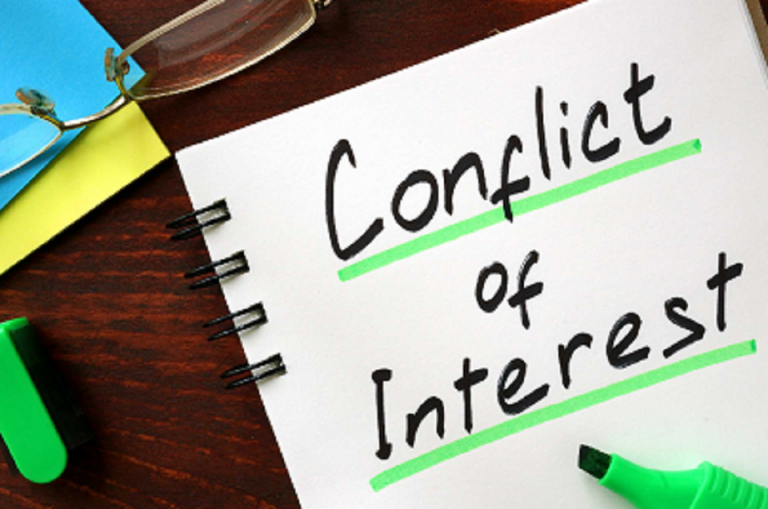
A conflict is a clash of opinions. The basis of conflict varies but, it is a concept we will always have with us as part of society. The basis of conflict could be personal, racial, class, caste, political and international.
Conflict exists everyday and everywhere. Anger flies in the air even when the atmosphere seems calm.
Conflict has broken many relationships, organization and a lot of coexistence between humans. It’s a concept less touched in the society but it leads to a lot of consequences affecting the society.
Register for Tekedia Mini-MBA edition 18 (Sep 15 – Dec 6, 2025) today for early bird discounts. Do annual for access to Blucera.com.
Tekedia AI in Business Masterclass opens registrations.
Join Tekedia Capital Syndicate and co-invest in great global startups.
Register for Tekedia AI Lab: From Technical Design to Deployment.
The number one way to tackle conflict and get to its end is to understand the stages of conflict.
There are five stages of conflict, and they can be resolved by learning how each works.
In 1967, Pondy developed a process model of conflict which is very useful in understanding how conflicts start and their stages. Pondy highlighted the five conflict episodes :
- Latent stage
- Perceived stage
- Felt stage
- Manifestation stage
- Aftermath stage
Latent Stage
At this stage, factors which could lead to conflict are in place. People may be in conflict without knowing. The basics of this stage are :
- Competition for scarce resources
- Drive for autonomy
- Divergence of goals
- Role conflict
A server at a restaurant may have inputted an order incorrectly and the food being made for a table is the wrong food. The manager and persons involved do not know this yet. But every tool needed for conflict is on ground. This is the latent stage.
Perceived Stage
At this stage, one party perceives the other to be likely frustrating his or her goals. The person at the table now knows the wrong order has been inputted. The best solution to conflict at this stage is communication.
Felt Stage
At this stage, the conflict is not only perceived but it is actually felt and recognized. The two parties at this point recognize there is a serious disagreement between them. One party might be coping while the second is already tensed. It is already affecting his or her affection to the first party.
The personalization of conflict is the mechanism which causes many people to be concerned with dysfunction of conflict.
Manifestation Stage
The felt stage will lead to a situation in which the conflict can be observed. It might take different means – face to face meetings, phone messages and others. When the manager pulls that server aside to speak with her, the others perceive conflict and it has manifested. The two parties involved in behaviors that invoke responses from each other – open aggression, apathy, etc. Violence is a leading manifestation of conflict in an uncivilized society.
Aftermath Stage
This takes place when there is an outcome of conflict such as resolution or dissolution to a problem. This maybe a positive or negative one.
Most of the times, recognizing and addressing issues that cause conflict will lead to fast resolution and a better relationship and workplace existence. The problem lies in the fact that both parties feel wronged and expect their demands to be met. At this point conflict escalate.
Families are melting pots of conflict. Most times neither party grew up the same way, and this heightened stress of learning to accept differences leads to conflict.
It is expedient to know, and understand conflict at a psychological level if we all hope to live in peace and harmony.
All Together
In handling conflicts, we must all be democratic and address our differences openly and without fear. Conflict sometimes leads to escalation stage; at this stage neither party can win but neither side is ready to accept loss either. Most times, conflict that has been in the latent stage for long often leads to violence.



